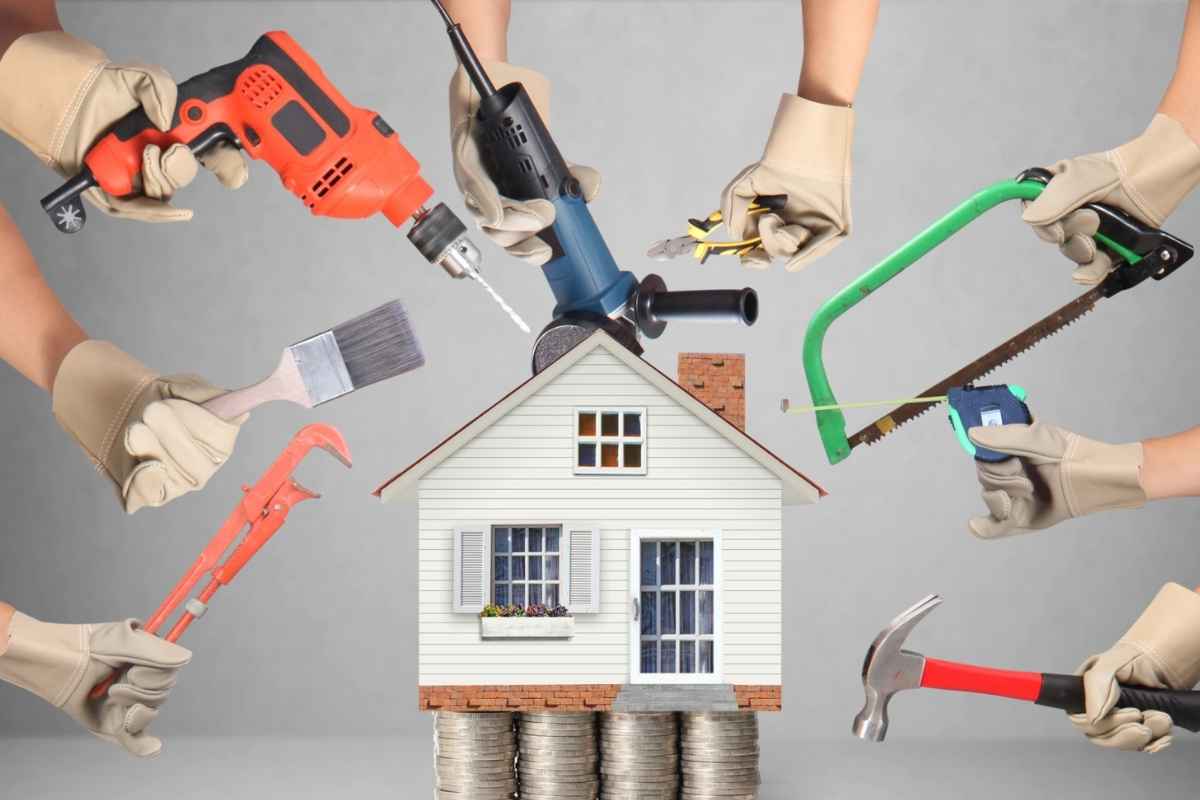Owing money can feel like a weight on your shoulders, especially in the bustling metropolis of New York City. Between towering skyscrapers and honking taxis, navigating unpaid bills can seem overwhelming. If you’ve received a notice from a New York collection lawyer, take a deep breath – it’s not the end of the world. Understanding their role and your options can empower you to tackle this situation head-on.
What is a Collection Lawyer?
Think of a collection lawyer as a legal translator who speaks the language of debt. They bridge the gap between a creditor and a debtor, working to recover unpaid monies within the bounds of the law. They navigate legalities, assess the situation, and advise creditors on the best action.
What Tools Do They Use?
Collection lawyers wield a legal arsenal. They:
- Send demand letters: These formal notices remind debtors of their obligations and urge them to settle.
- Negotiate payment plans: Sometimes, a structured approach helps debtors get back on track.
- File lawsuits: This is a last resort, but if necessary, lawyers can initiate legal proceedings to recoup the debt.
- Work with bailiffs: In some instances, lawyers might collaborate to seize assets if debts remain unpaid.
How Do They Help Debtors?
They protect the people you owe money to, but collection lawyers can also indirectly help you. They:
- Talk clearly: Lawyers explain what can happen if you don’t pay your debts and tell you what you can do about it.
- Help with payment plans: Lawyers can suggest easier ways for you to pay back what you owe, avoiding bigger legal problems.
- Encourage smart money choices: When people face legal problems, it can make them think about their money and get help to fix their finances.
Are Collection Lawyers The Villains?
Debts can be sensitive, and collection lawyers often wear the “villain” mask. However, remember:
- They enforce legal agreements and uphold creditor rights within the law.
- They can offer debtors valuable solutions and prevent more significant legal troubles.
- Their presence can motivate debtors to manage their finances better in the long run.
What can you do if you re
ceive a collection notice?
Open communication is critical. But you can do these:
- Contact the lawyer: Respond to their inquiry politely and express your willingness to find a solution.
- Explain your situation: Honesty is crucial. Explain why you have not paid and explore potential solutions, like a payment plan.
- Seek legal advice: Consult your lawyer to understand your rights and options if needed.
Conclusion
Debts happen, and collection lawyers are a part of the financial landscape. At first, they might make you nervous, but talking to them honestly and being open can help both sides find a good solution.






:strip_icc()/stylemaker-secret-white-den-b21ab396-d2636ff8d24449a99561054dc983475b.jpg)



